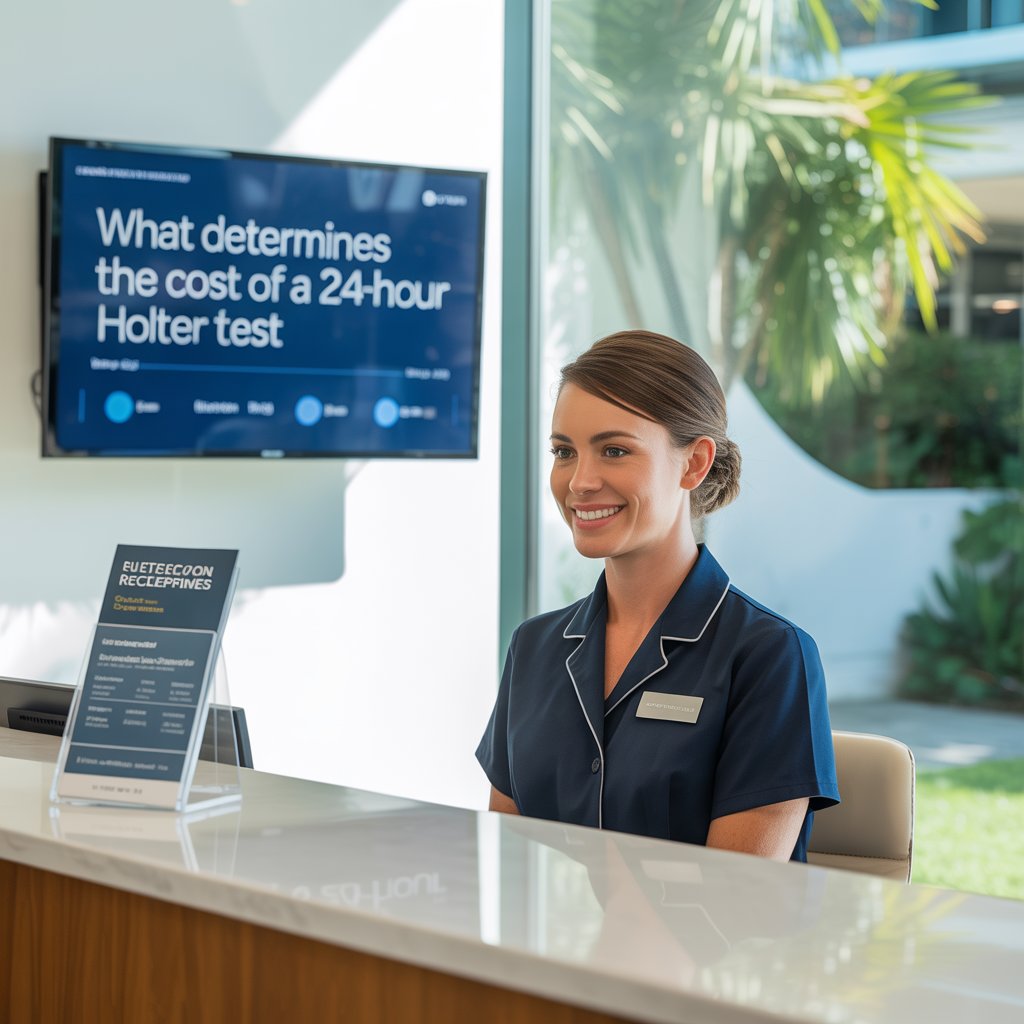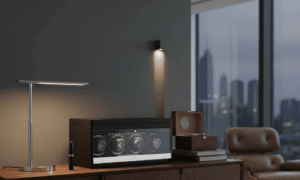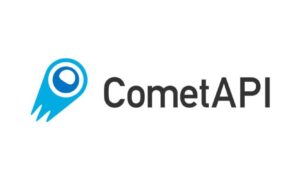A 24-hour Holter test is a crucial diagnostic tool to monitor heart activity over an extended period. It helps detect irregular heart rhythms that may not appear during a clinic’s short ECG (electrocardiogram). If your doctor has recommended this test, you may wonder about the cost of a 24-hour Holter test in Australia.
Several factors influence the price of this test, from the type of healthcare facility to your insurance coverage. This article details these cost determinants to help you understand what to expect before booking your appointment.
What is a 24-Hour Holter Test?
A 24-hour Holter test is a continuous ECG recording over a full day, capturing heart rhythms during daily activities and rest periods. The test involves wearing a small, portable device attached to electrodes placed on the chest. This device records heart activity, helping doctors identify arrhythmias, palpitations, and other cardiac irregularities.
The procedure is non-invasive and painless but provides valuable insights that short ECG tests might miss. Given its diagnostic importance, understanding the cost of a Holter test in Australia is essential for those needing this assessment.
Factors That Influence the Cost of a 24-Hour Holter Test
The cost of a 24-hour Holter test in Australia is not fixed and can vary significantly depending on several factors. These include the type of healthcare provider, location, duration of monitoring, and whether Medicare or private health insurance covers part of the expense.
Additional services like specialist consultations or advanced diagnostic equipment can also impact the total cost. Below, we explore the key factors determining how much you may need to pay for this essential heart monitoring test.
1. Type of Healthcare Provider
The cost of a 24-hour Holter test largely depends on whether you choose a public or private healthcare facility.
- Public Hospitals: In some cases, the test might be covered under Medicare if referred by a doctor. However, waiting times can be longer.
- Private Clinics & Diagnostic Centres: Private providers usually offer quicker access to testing, but the cost is typically higher.
2. Location of the Facility
Where you get tested in Australia can influence the price.
- Major Cities (Sydney, Melbourne, Brisbane): Costs are generally higher due to demand and operational expenses.
- Regional & Rural Areas: While some regional hospitals may offer subsidised tests, private providers might charge extra due to limited availability.
3. Duration of the Holter Monitoring
Although the standard Holter test lasts 24 hours, some cases require extended monitoring.
- 24-Hour Test: Most common, with an average cost of AUD 230
- 48 to 72-Hour Monitoring: Longer monitoring provides more data and may increase the price to AUD 325 to AUD 350.
- 7-Day or 14-Day Holter Tests: Rare but used for complex arrhythmia detection, costing from AUD 400 to above AUD 500.
4. Bulk Billing & Medicare Coverage
Medicare may cover part or all of the cost of a Holter test if you meet specific eligibility criteria.
- Medicare Coverage: If your doctor refers you to a bulk-billed provider, you may not have to pay anything.
- Out-of-Pocket Costs: If Medicare does not fully cover the test, expect to pay a gap fee of AUD 50 to AUD 200.
- Private Health Insurance: Depending on your plan, some providers may reimburse part of the cost.
5. Additional Diagnostic Services
Some facilities offer bundled cardiac tests, which can affect pricing.
- ECG & Echocardiogram Package: Some clinics offer packages that include ECGs or echocardiograms along with the Holter test, adding AUD 100 to AUD 300.
- Cardiologist Consultation Fees: If a specialist’s review is required, expect additional costs can range from AUD 135 to AUD 335.
6. Type of Equipment Used
The technology and quality of Holter monitors used can also influence pricing.
- Standard Holter Monitors: Most commonly used in hospitals and clinics, with affordable pricing.
- Advanced Wireless Monitors: Newer models offering real-time remote monitoring may cost more due to their advanced features.
How to Reduce the Cost of a 24-Hour Holter Test
While a 24-hour Holter test is an essential diagnostic tool, its cost can vary significantly based on location, provider, and insurance coverage. Fortunately, there are several ways to minimise expenses without compromising quality care.
Whether through bulk billing, private health insurance, or price comparisons, understanding your options can help you access this important test at a more affordable rate.
Here are some practical strategies to reduce the cost of your Holter test in Australia:
- Check for Bulk Billing – Some diagnostic centres offer fully bulk-billed tests under Medicare.
- Compare Prices – Get quotes from different clinics to find the best deal.
- Use Private Health Insurance – If you have insurance, check if your policy covers Holter tests.
- Choose a Public Hospital – A hospital referral may save money if you don’t need urgent results.
- Ask About Payment Plans – Some clinics offer flexible payment options for expensive diagnostic tests.
Where to Book a 24-Hour Holter Test in Australia?
If you need a Holter test, you can book it at:
- Public Hospitals (check Medicare eligibility)
- Private Diagnostic Centres (faster results but may cost more)
- Cardiology Clinics (specialist assessment available)
A GP referral is often required, so consult your doctor to determine the best option.
Conclusion
The cost of a 24-hour Holter test in Australia varies based on factors like location, provider type, and Medicare or insurance coverage. While public hospitals may offer free or subsidised tests, private clinics provide faster access at higher costs.
Before booking your test, compare providers, check for Medicare rebates, and explore insurance options to ensure you receive the best care at the most affordable price. If you want more information on the cost of a Holter test, consult your healthcare provider or a cardiologist to discuss your options.



































